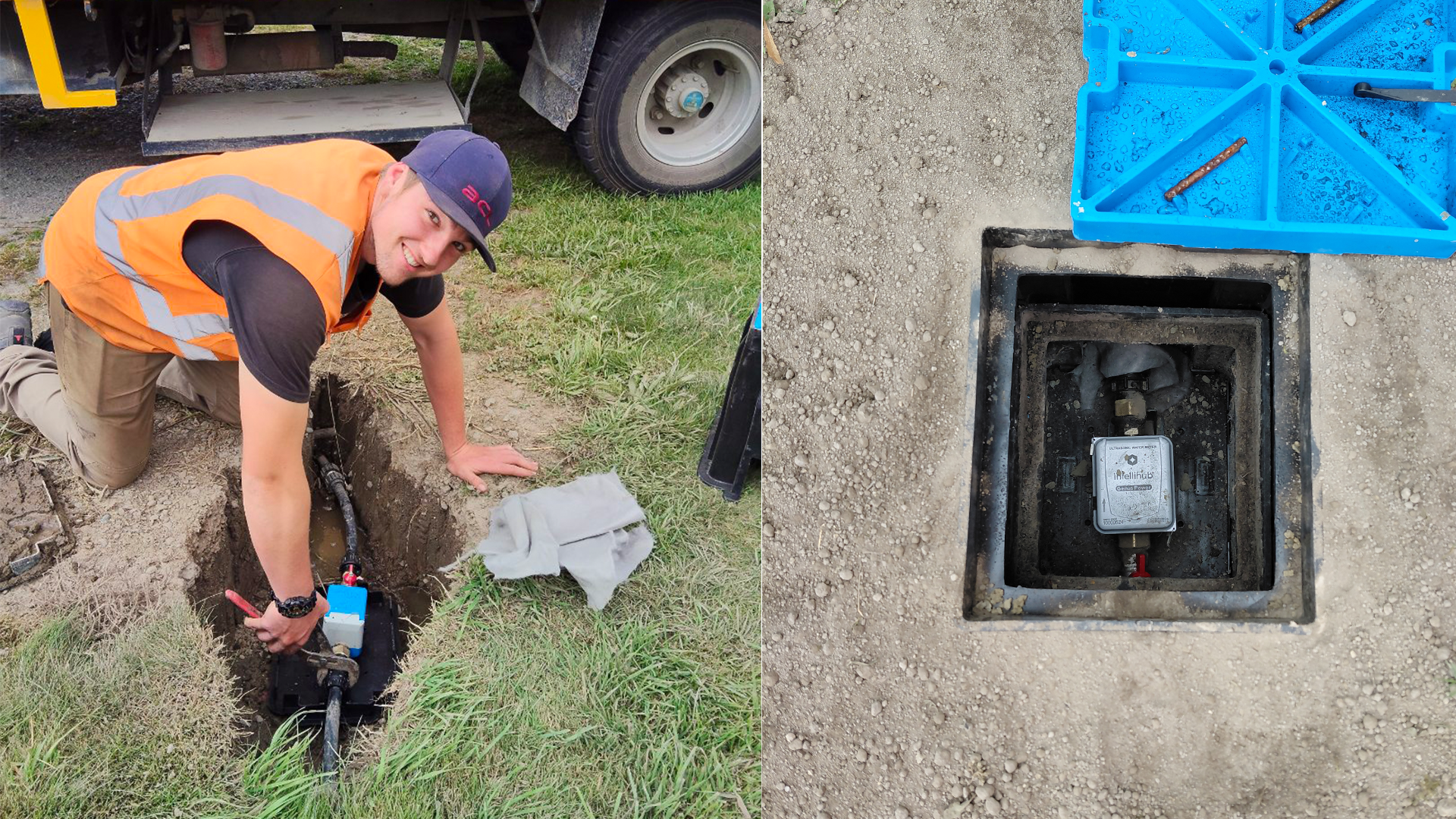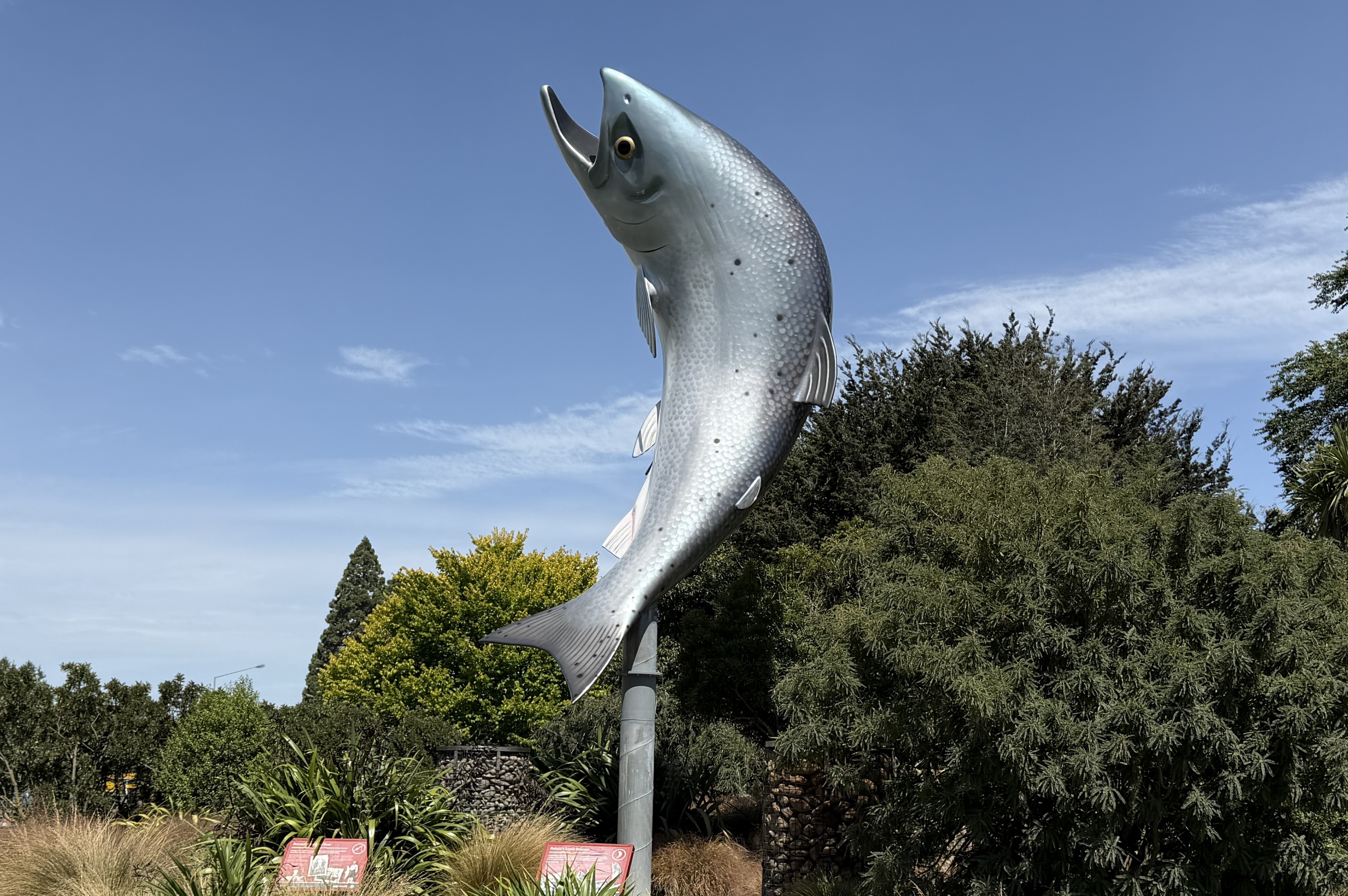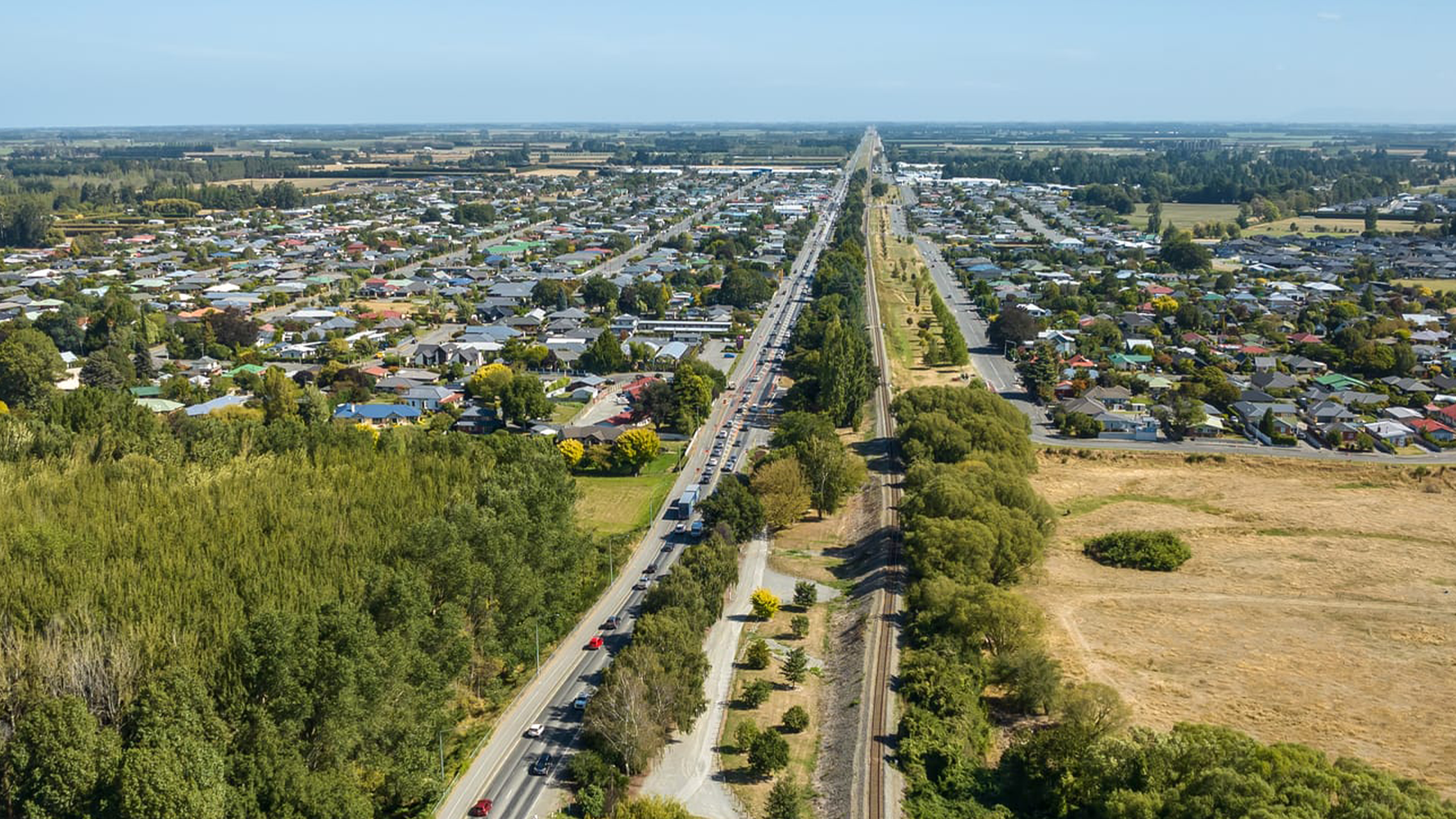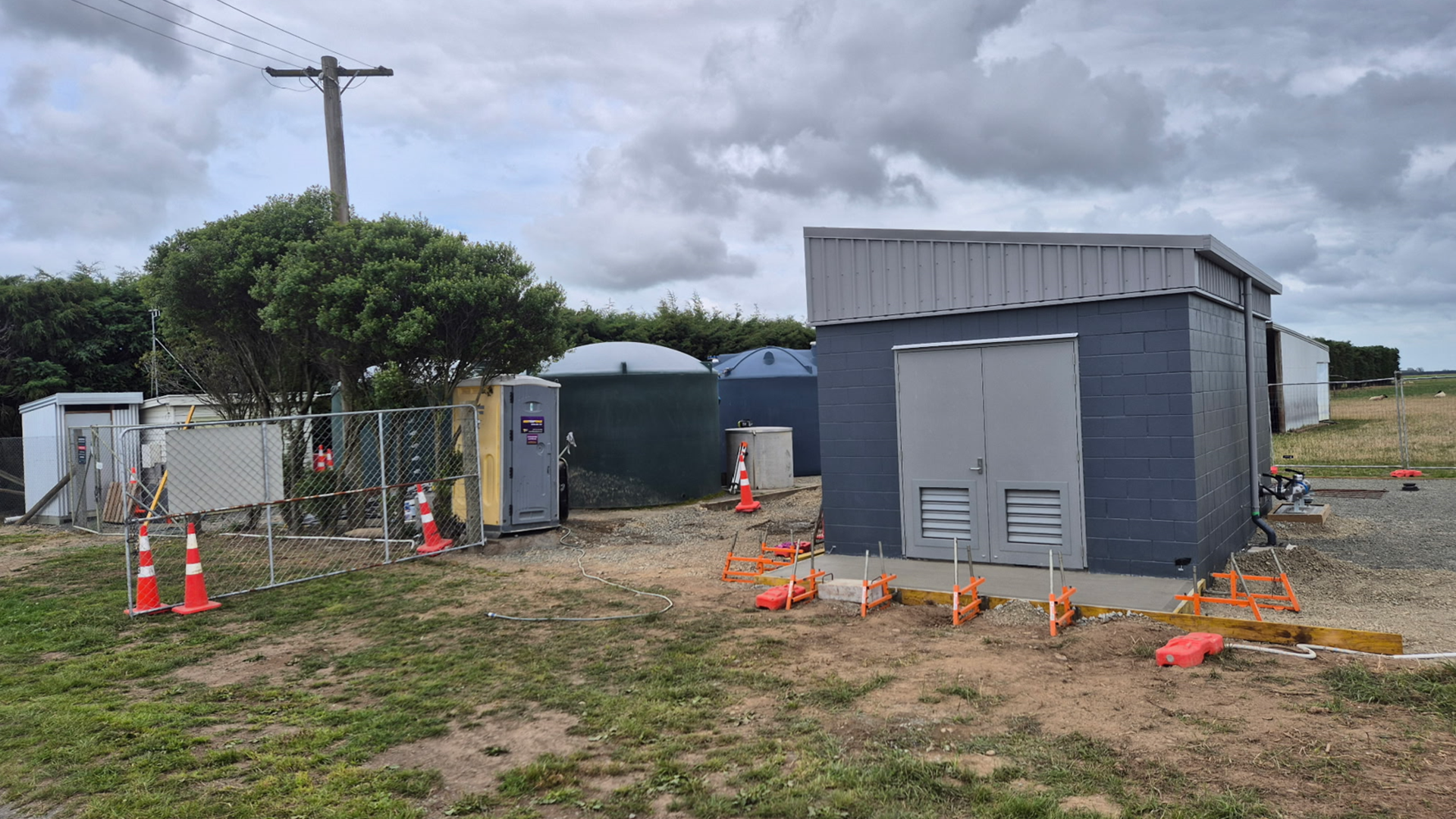Water testing continues at Lake Hood
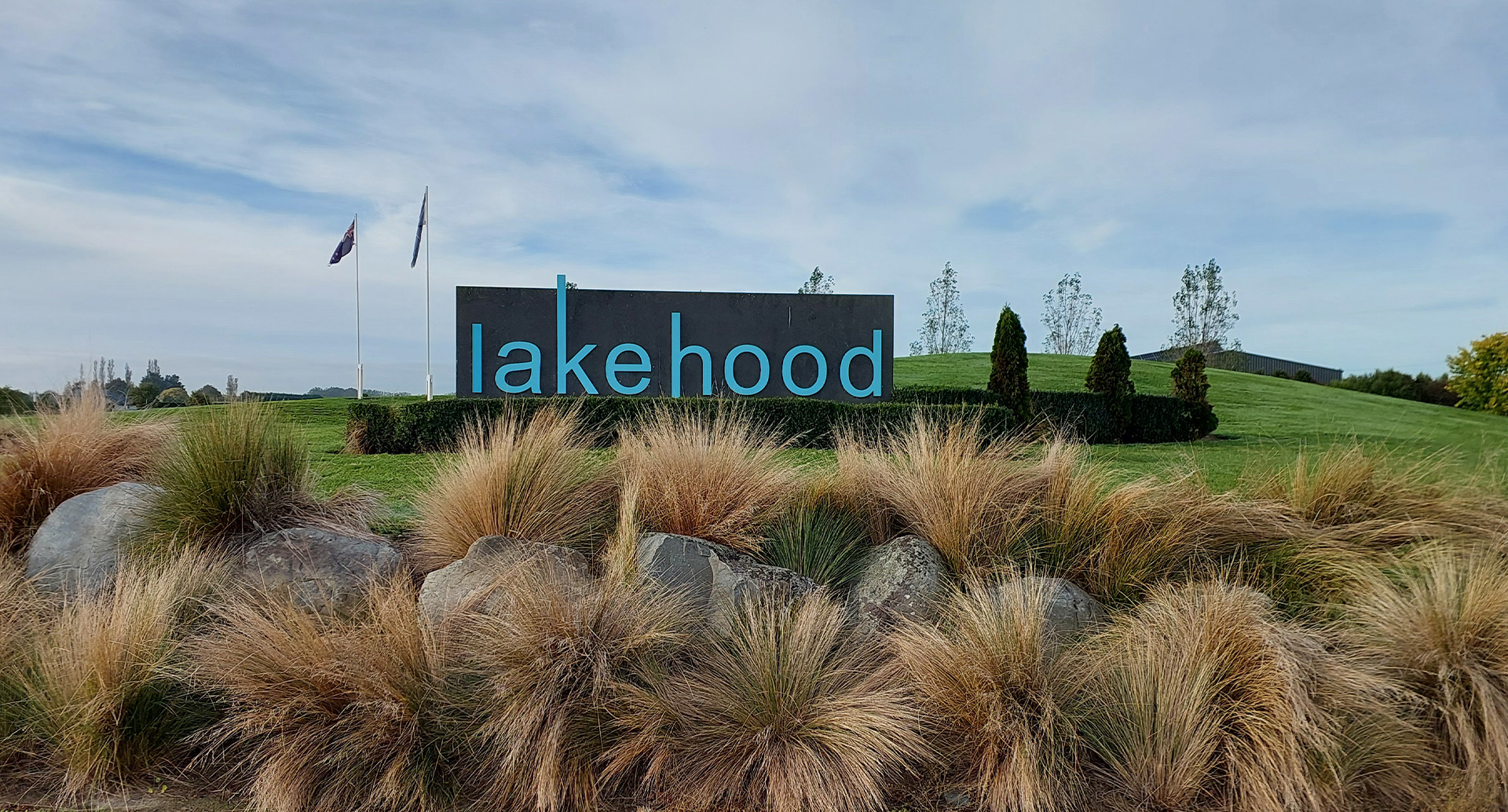
The latest cyanobacteria reading at Lake Hood has unfortunately delayed Council consideration about re-opening the lake to the public for water sports.
Environment Canterbury reported that the last weekly reading was 2mm3/L of total cyanobacteria biovolume – the lake needs two consecutive weekly tests below 0.5mm3/L to trigger lifting the public health warning by Health New Zealand.
Group Manager of Infrastructure and Open Spaces Neil McCann said the most recent test was disappointing.
“The previous week’s test result was under 0.5 and with the colder weather experienced recently we were really hoping for another low reading.”
Council closed the lake in April after the health warning and two reported cases of people becoming sick after contact with the lake water.
Mr McCann said a lot of work had happened in the past six months to improve the water circulation in the lake, particularly in the ski lane and canals.
“It was disappointing we had to close the lake in April, but the primary concern of Health New Zealand, Environment Canterbury and Council has to be the health of people on or in the water.
“We are already looking ahead to what we can do to manage or mitigate algae levels in coming summers. Council is working with a scientist from Lincoln University with extensive experience in cyanobacteria, and being assisted by NIWA to gain a better understanding of the lake to explore effective ways to mitigate the cyanobacteria blooms we have experienced over the past few years.”
A hydrodynamic model of the lake will be developed to simulate water circulation patterns, which are key to understanding the transport, distribution, and accumulation of nutrients, sediment and cyanobacteria blooms.
Mr McCann said internationally recognised cyanobacteria expert Professor Susanna Wood was also screening some of the many alternative treatments proposed by various companies to Council, and will trial some potential solutions in the canals.
“There is a lot to learn about cyanobacteria and how it lives in this particular lake and it will be a matter of finding a way to manage algal growth in the warmer months, using all the various operational tools we have.”
Lake Hood residents and the wider community interested in the ongoing water quality work at Lake Hood can sign up for email updates here.
Share this article
Latest News
Council to install flow meters on Rakaia watermains
Council inspecting salmon sculpture
Road works ahead for Tinwald residents
CE: Tough talks as Annual Plan takes shape
King's Trust workshop boosts business ideas
Road Closures
RAILWAY TERRACE WEST
from 23 Feb 7:00 to 27 Feb 17:00
RACECOURSE ROAD (ONE-WAY)
from 25 Feb 19:00 to 26 Feb 6:00
SAUNDERS ROAD
from 23 Feb 19:00 to 24 Feb 6:00
CATHERINE STREET
from 16 Feb 7:00 to 20 Mar 17:00
UPPER DOWNS ROAD
from 28 Feb 8:00 to 28 Feb 17:00
View all Road Closures | Live map
